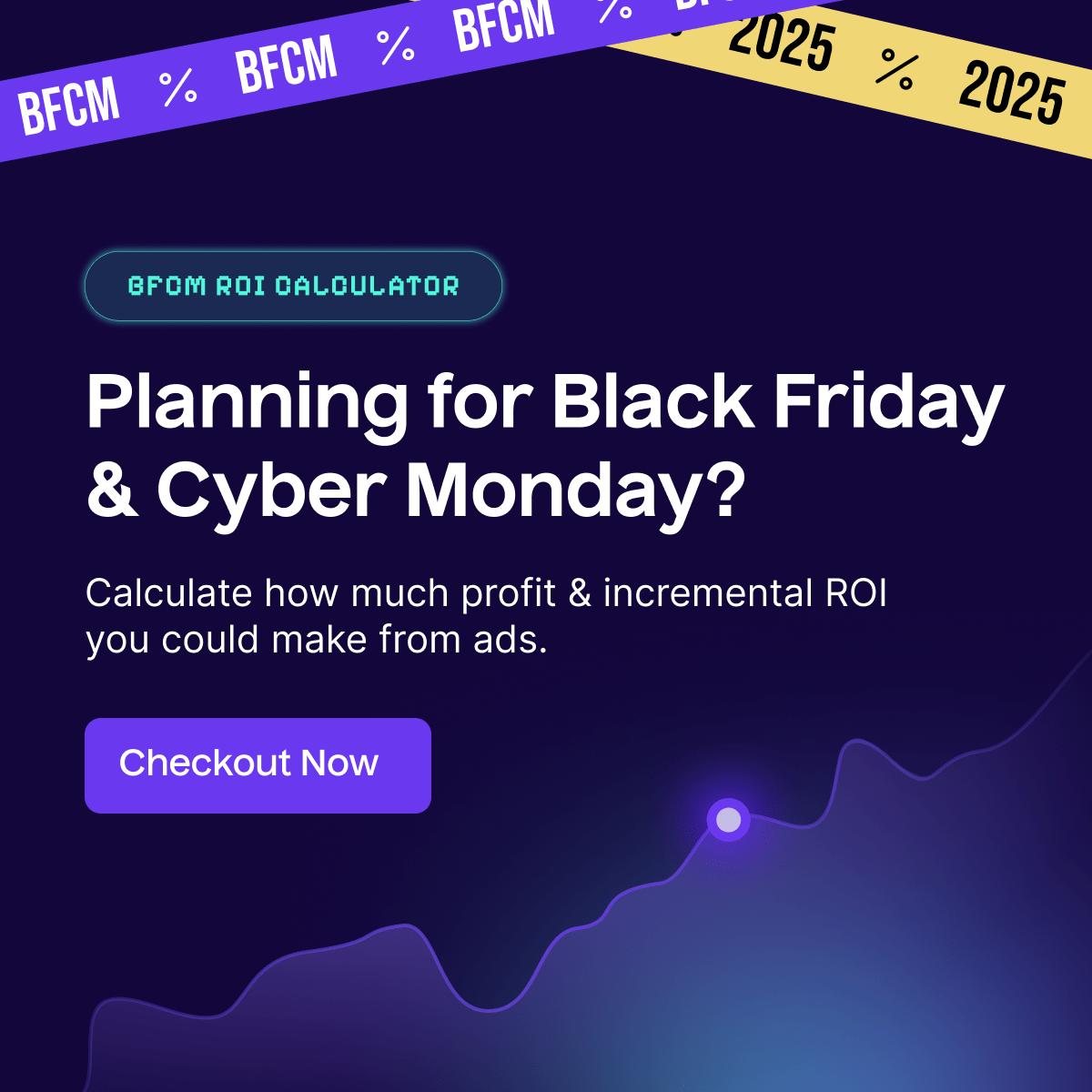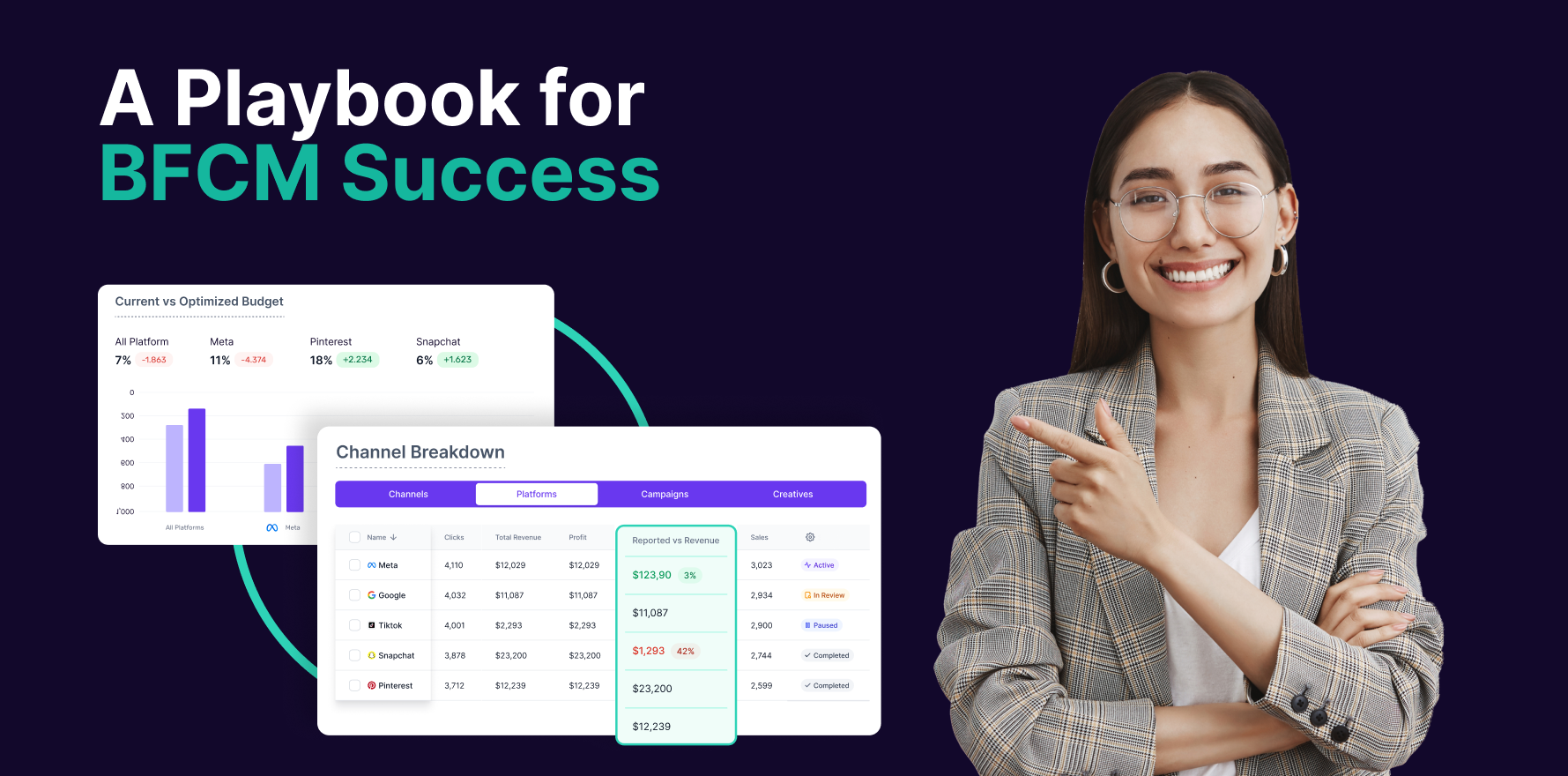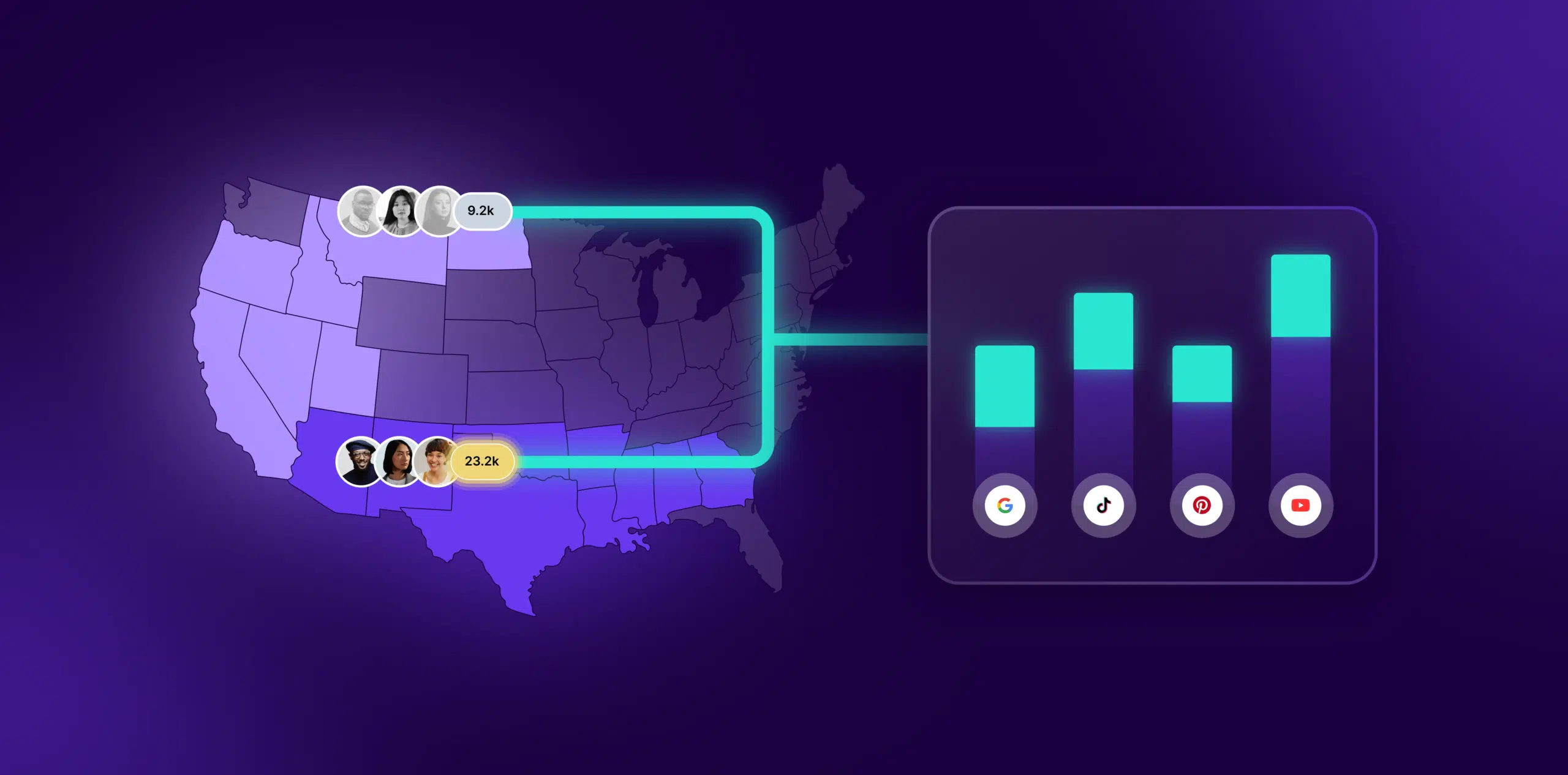What is Advertisement Cost of Sale (ACoS)?
Ads marketing costs are the funds spent on paid online advertisements. It is an important metric used by e-commerce businesses to assess the effectiveness of sponsored campaigns such as pay-per-click (PPC), display, and social media campaigns. Ads Marketing costs are the total of all expenses related to online advertising programs. This covers the cost of purchasing space as well as services related with campaign setup, such as keyword research. The marketing budget has a direct impact on the number of impressions and users at different phases of the sales funnel. This statistic allows businesses to analyze marketing campaigns and return on investment to make more educated marketing decisions, allowing them to optimize their expenditure and maximize earnings.
Formula
Total Advertising Cost = Number of Ad Units * Cost Per Unit
Example
A digital marketing agency may charge a $50/hourly rate for setting up an ad campaign, $25 for cost per click (CPC), $20 for cost per action (CPA), and $5 for cost per thousand impressions (CPM).
If the total ad spend for the campaign is $1000, then the Ads Marketing costs would be calculated as Ads Marketing costs = $50 + $25 + $20 + $5 + $1000 = $1100.
Why is ACoS important?
For e-commerce companies, Ads Marketing Costs are essential since they provide a reliable way to assess the success of paid advertising campaigns. By keeping track of and comparing expenditures to income, it aids businesses in understanding the return on their marketing initiatives and allows them to maximize their spending. Additionally, advertising and marketing expenses assist marketers in competitive analysis by enabling them to comprehend the spending habits of their rivals and appropriately adapt their plans.
Which factors impact ACoS?
The primary factors that impact Ads Marketing costs are: content, audience, industry, advertising platform, and bidding strategy. The content should be relevant and engaging to ensure the desired response from your audience. The audience should be well-defined and targeted to maximize conversions. Industry and advertising platforms should also be taken into consideration to ensure the most effective use of your budget. Lastly, a well-planned bidding strategy should be developed to ensure the highest ROI on the ad spend.
How can ACoS be improved?
The primary factors that impact Ads Marketing costs are: content, audience, industry, advertising platform, and bidding strategy. The content should be relevant and engaging to ensure the desired response from your audience. The audience should be well-defined and targeted to maximize conversions. Industry and advertising platforms should also be taken into consideration to ensure the most effective use of your budget. Lastly, a well-planned bidding strategy should be developed to ensure the highest ROI on the ad spend.
What is ACoS’s relationship with other metrics?
Ads Marketing costs is closely related to other ecommerce metrics such as Metrics such as Conversion Rate, Average Order Value, Customer Retention, and Cost per Acquisition as it directly impacts the cost of Acquisition and the total number of customers acquired. A higher Ads Marketing costs (which indicates a higher budget) may result in higher Conversion Rate, Average Order Value, and Customer Retention, as well as lower Cost Per Acquisition.
Free essential resources for success
Discover more from Lifesight






















































